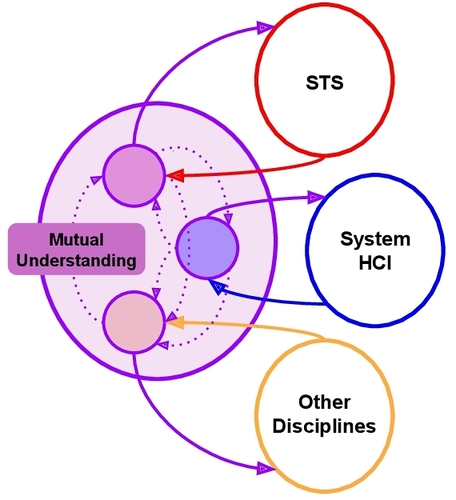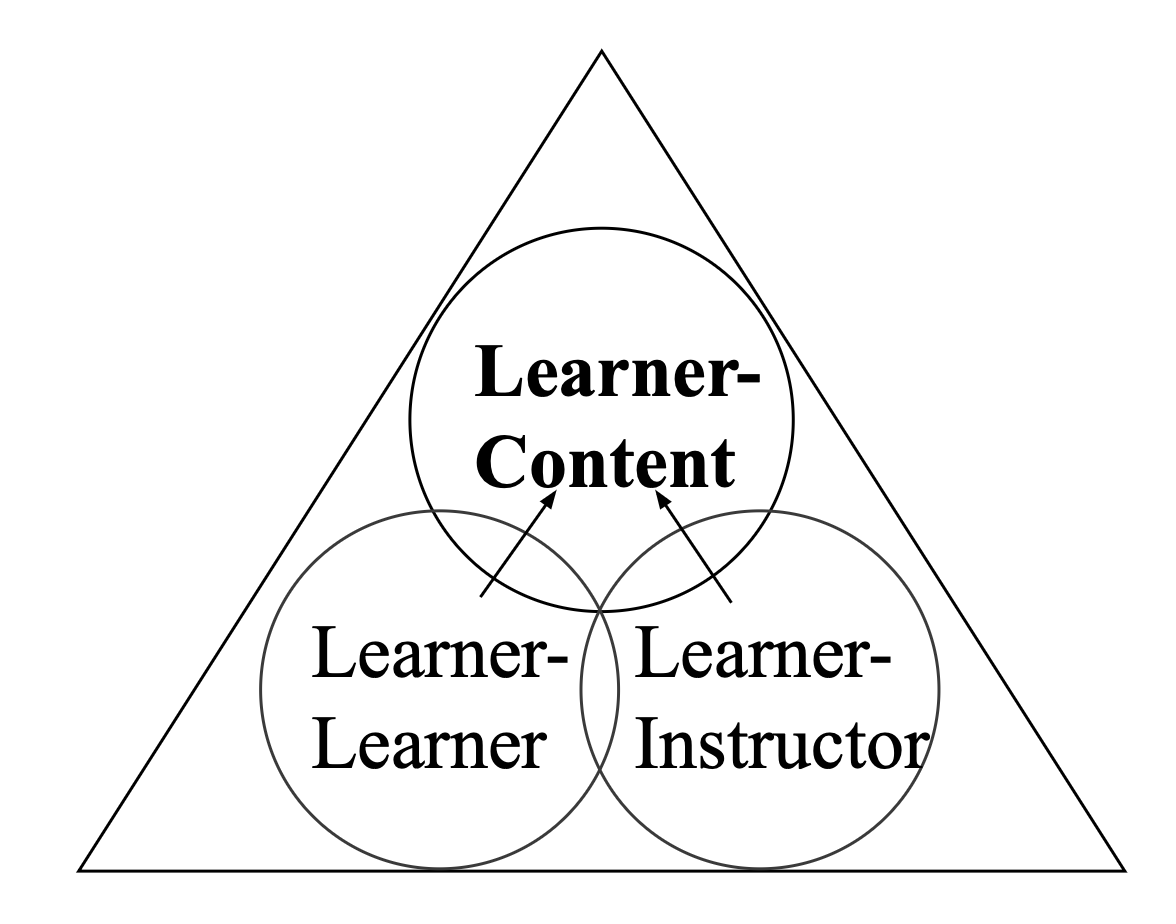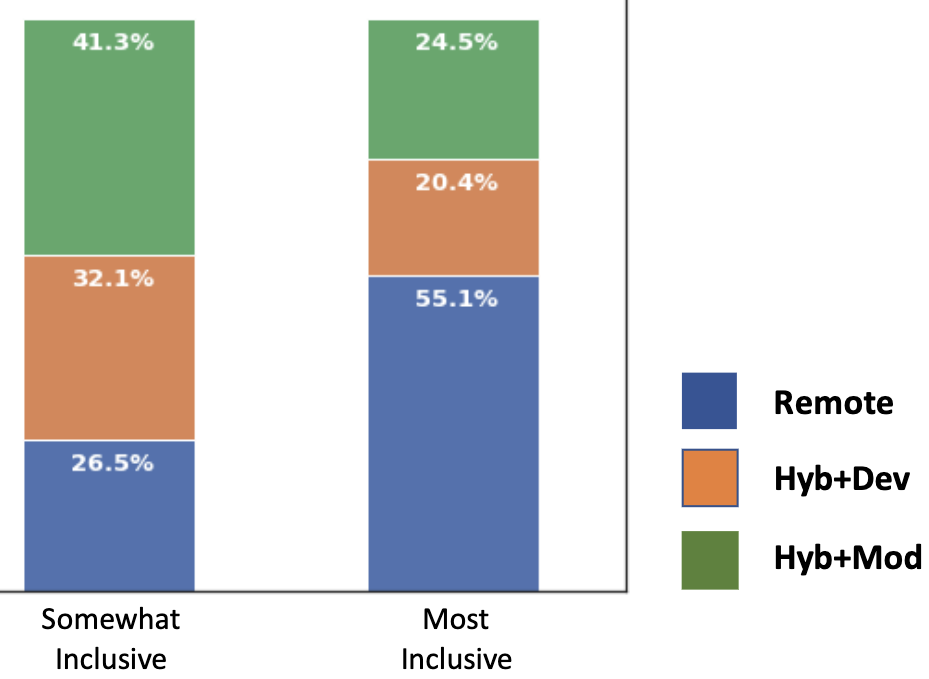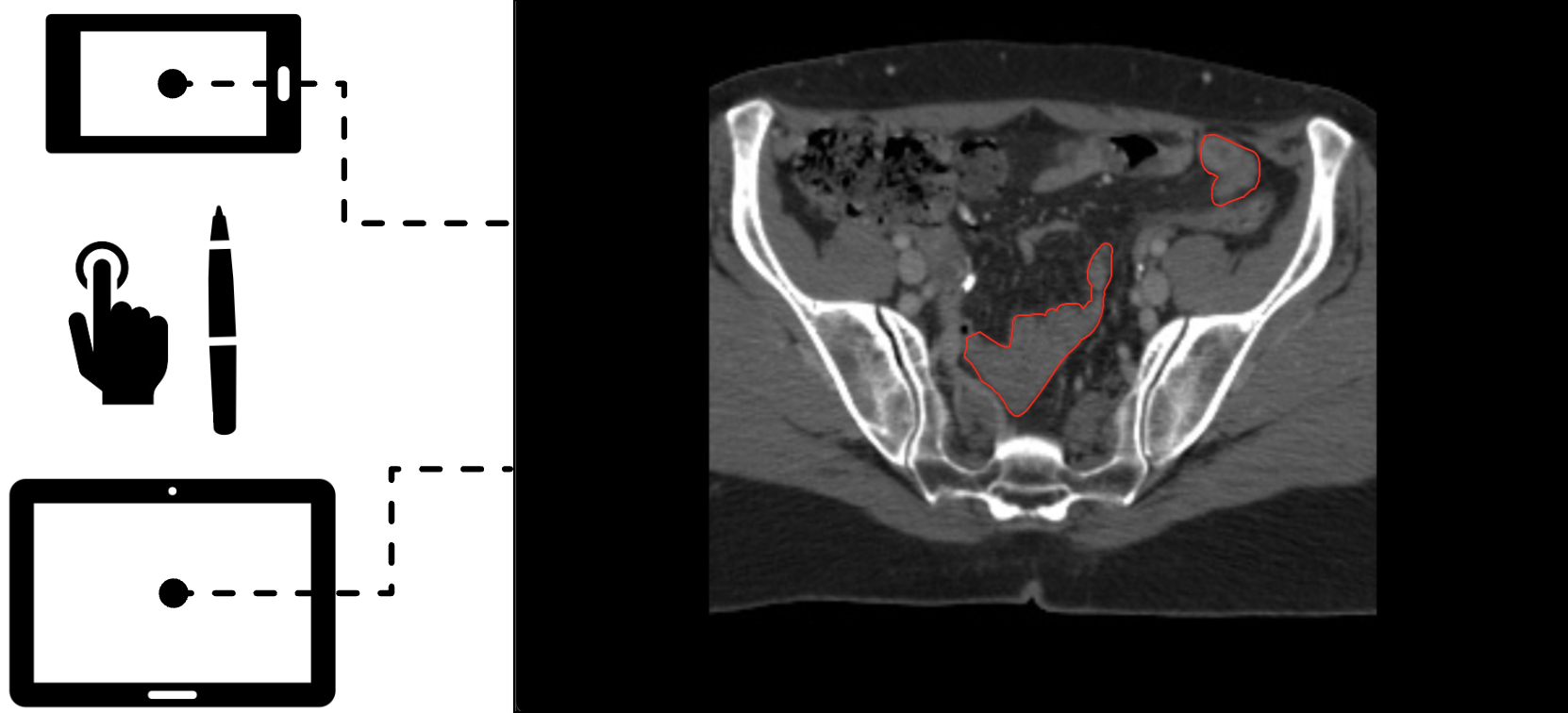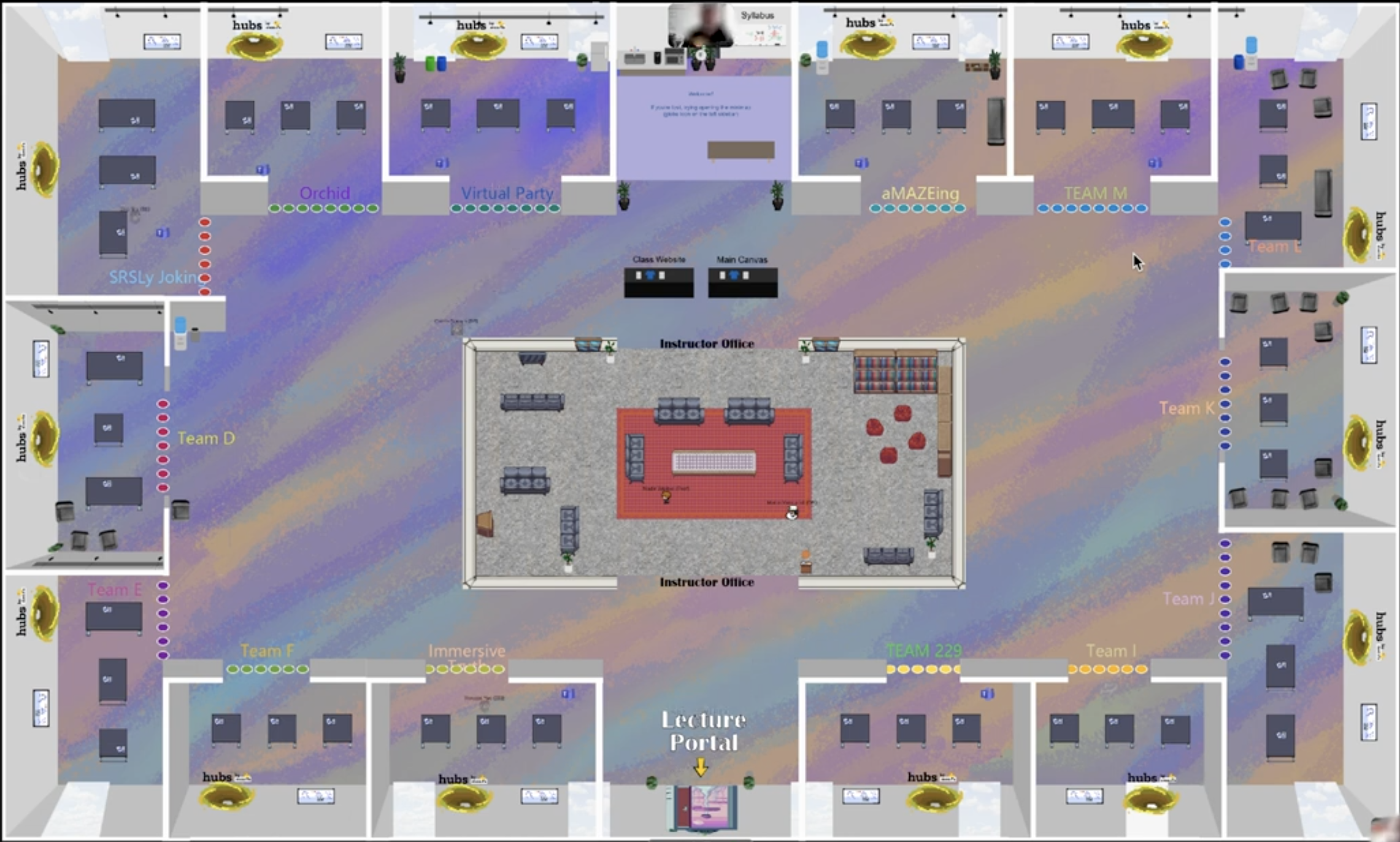Matin Yarmand

Matin Yarmand, PhD
Assistant Professor
Dept. Software & Information Systems
College of Computing and Informatics
UNC Charlotte
I’m an Assistant Professor of Software and Information Systems at UNC Charlotte. My research lies at the intersection of Human-Computer Interaction, Educational Technology, and Healthcare. I am a member of the Human-Centered Computing (HCC) Lab, Center for Education Innovation and Research (CEIR), Center for Humane AI Studies (CHAIS), and AI4Health.
I received my PhD in Computer Science and Engineering from UC San Diego, working with Nadir Weibel in the Design Lab. I hold a bachelor’s degree in Computer Science from University of British Columbia and was a member of Designing for People (DfP)
In today’s rapidly evolving labor market, workers must continuously re-skill to keep pace with new demands. My research draws inspiration from human coaching practices to design AI-driven, task-embedded, and attention-cueing learning systems that help people acquire these emerging skills. I especially focus on addressing training needs for complex and ill-defined domains beyond formal education, such as healthcare residency training and fleet driver development.
If these ideas resonate with you, please email me with the subject line “Applicant for Intelligent Coaching Systems + [Your Name]”. I welcome 2 PhD students for Fall 2026, and sponsor undergraduate students via independent study/capstone courses!
News
| Feb 09, 2026 | Attending CRA Career Mentoring Workshop in DC 🏛️ |
|---|---|
| Aug 11, 2025 | Started my new position as an Assistant Professor at UNC Charlotte! |
| Jun 06, 2025 | Successfully defended my PhD. Thank you, Design Lab, for a wonderful half a decade! |
